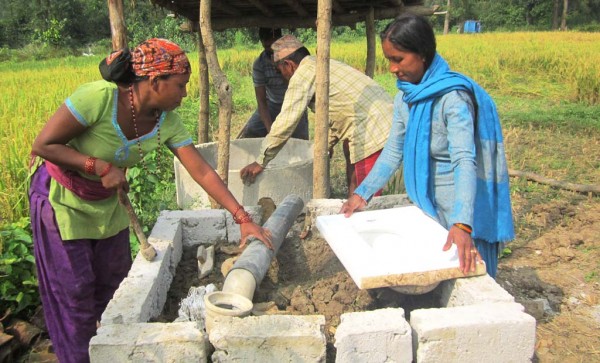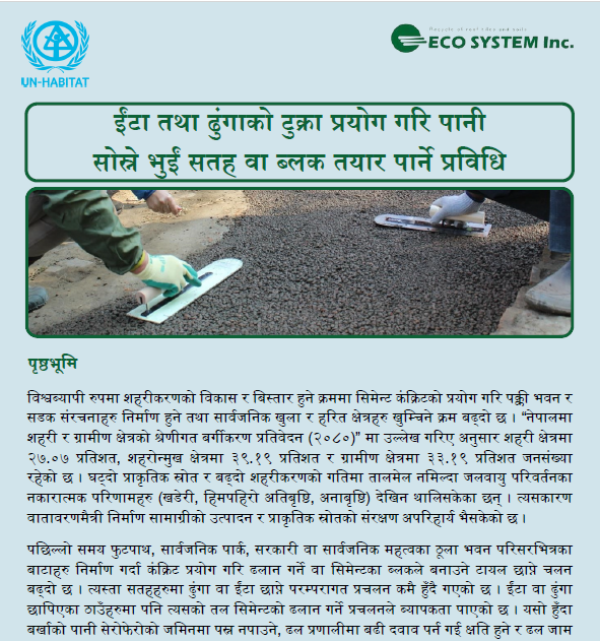GSF programmes empower close to 10 million to end open defecation

Aug 21 2015, The latest results from the Global Sanitation Fund (GSF) show that national programmes stretching from Cambodia to Senegal have enabled close to 10 million people in more than 36,500 communities to end open defecation.
These results are activeed in the GSF’s latest Progress Report, highlighting cumulative results from the start of the fund up to the middle of 2015. Nationally-led programmes supported by the GSF have helped:
- 8.21 million people access improved toilets
- 9.92 million people in 36,524 communities live in open defecation free environments
- 13.46 million people access handwashing facilities
Currently, 2.4 billion people, close to 35 percent of the global population, lack access to decent sanitation. Of those, close to a billion defecate in the open. Diarrheal disease, largely caused by poor sanitation and hygiene, is a leading cause of malnutrition, stunting and child mortality, claiming nearly 600,000 lives of children under 5 every year. Inadequate facilities also affect education and economic productivity and impact the dignity and personal safety of women and girls.
Established by WSSCC, the GSF funds behaviour change activities to help large numbers of poor people in the hardest-to-reach areas attain safe sanitation and adopt good hygiene practices. These activities are community-led, support national efforts, and bring together a diverse group of stakeholders in order to address, at a large scale, the severe deficiencies in access to sanitation and hygiene.
The GSF is a pooled financing mechanism with the potential to further accelerate access to sanitation for hundreds of millions of people over the next 15 years. Between 2014 and mid-2015, the GSF reported a 95 percent increase in people with improved toilets across target regions in 13 countries. During this same period, the GSF has also supported a more than 40 percent increase in the number of people living in open defecation free environments in those same areas. The United Nations system has identified global funds as an important tool to enable member countries to achieve their national development targets, including those for sanitation and hygiene. Read more
Results reported by the GSF have been achieved due to the work of more than 200 partners, including executing agencies and sub-grantees composed of representatives from governments, international organizations, academic institutions, the United Nations and civil society. One of the strongest success factors in the GSF approach is that it allows flexibility for countries to develop their programmes within the context of their own institutional framework and according to their own specific sanitation and hygiene needs, sector capacity and stakeholders. This implementation methodology is used to reach large numbers of households in a relatively short period of time and is vital for scaling up safe sanitation and hygiene practices.
The Governments of Australia, Finland, the Netherlands, Norway, Sweden, Switzerland and the United Kingdom have contributed to the GSF since its establishment in 2008. More than $109 million has been committed for 13 country programmes, which aim to help more than 36 million people end open defecation.
Download the GSF Progress Report here
Source: wsscc.org





